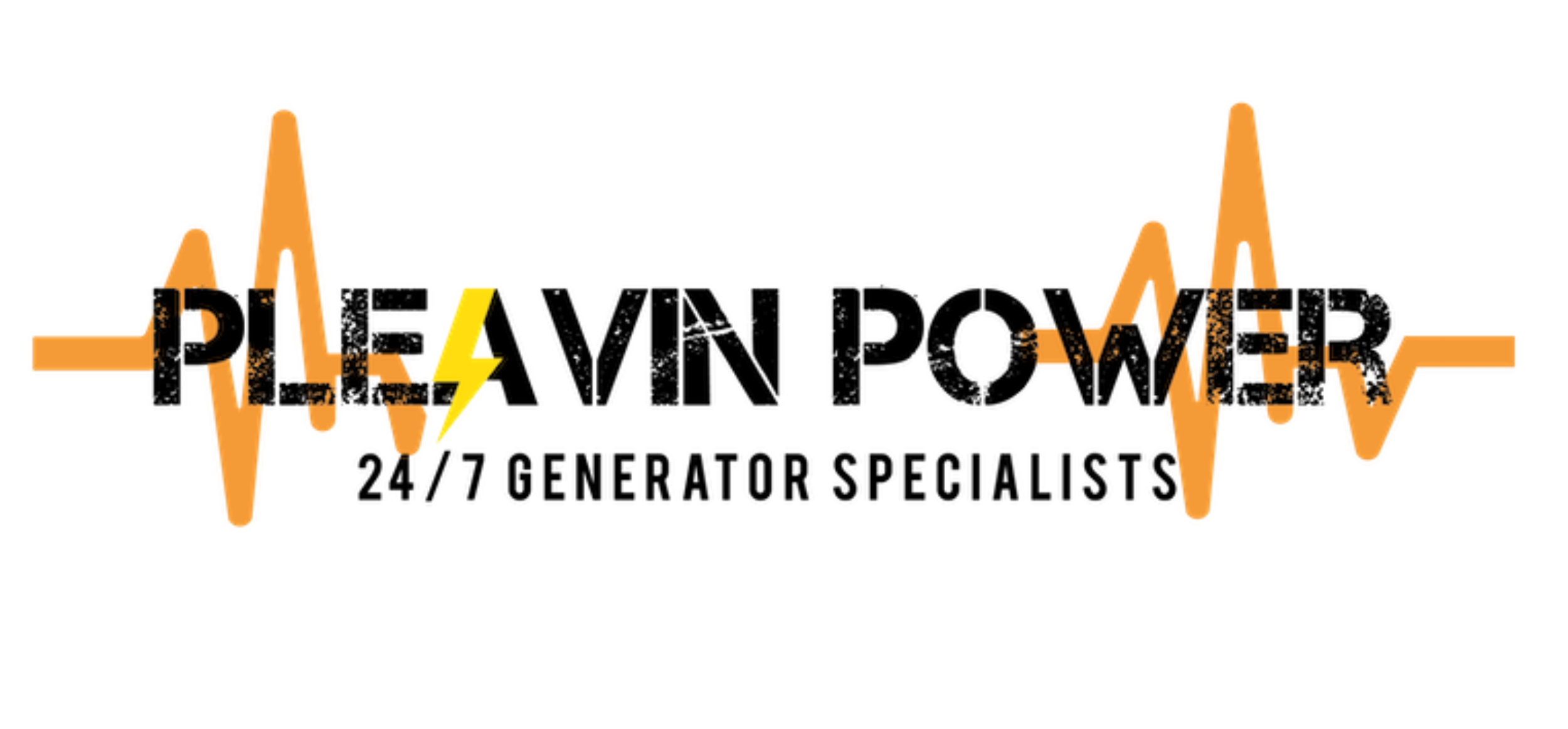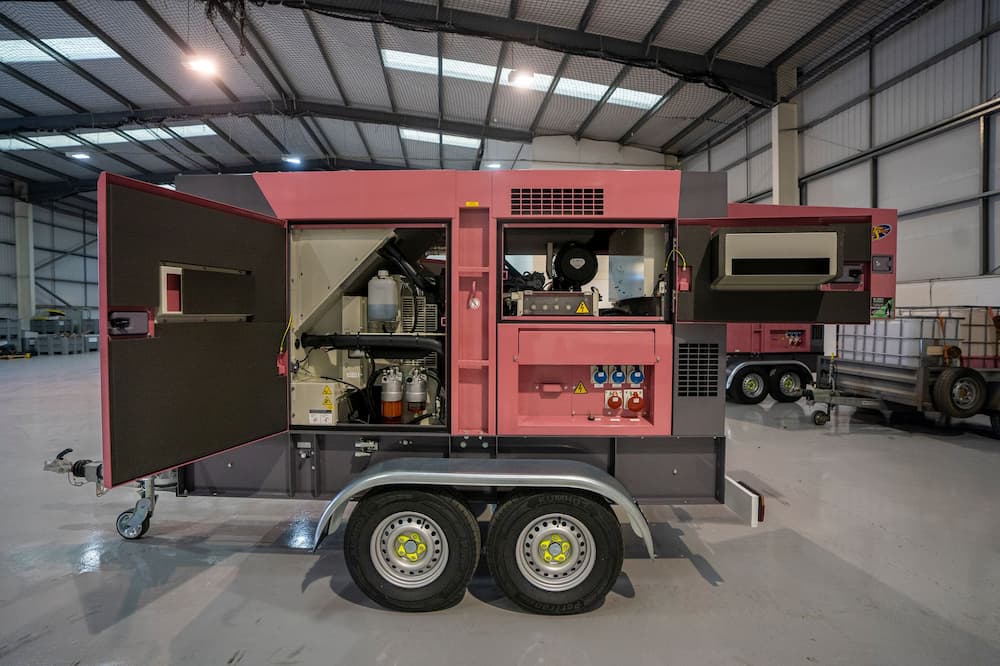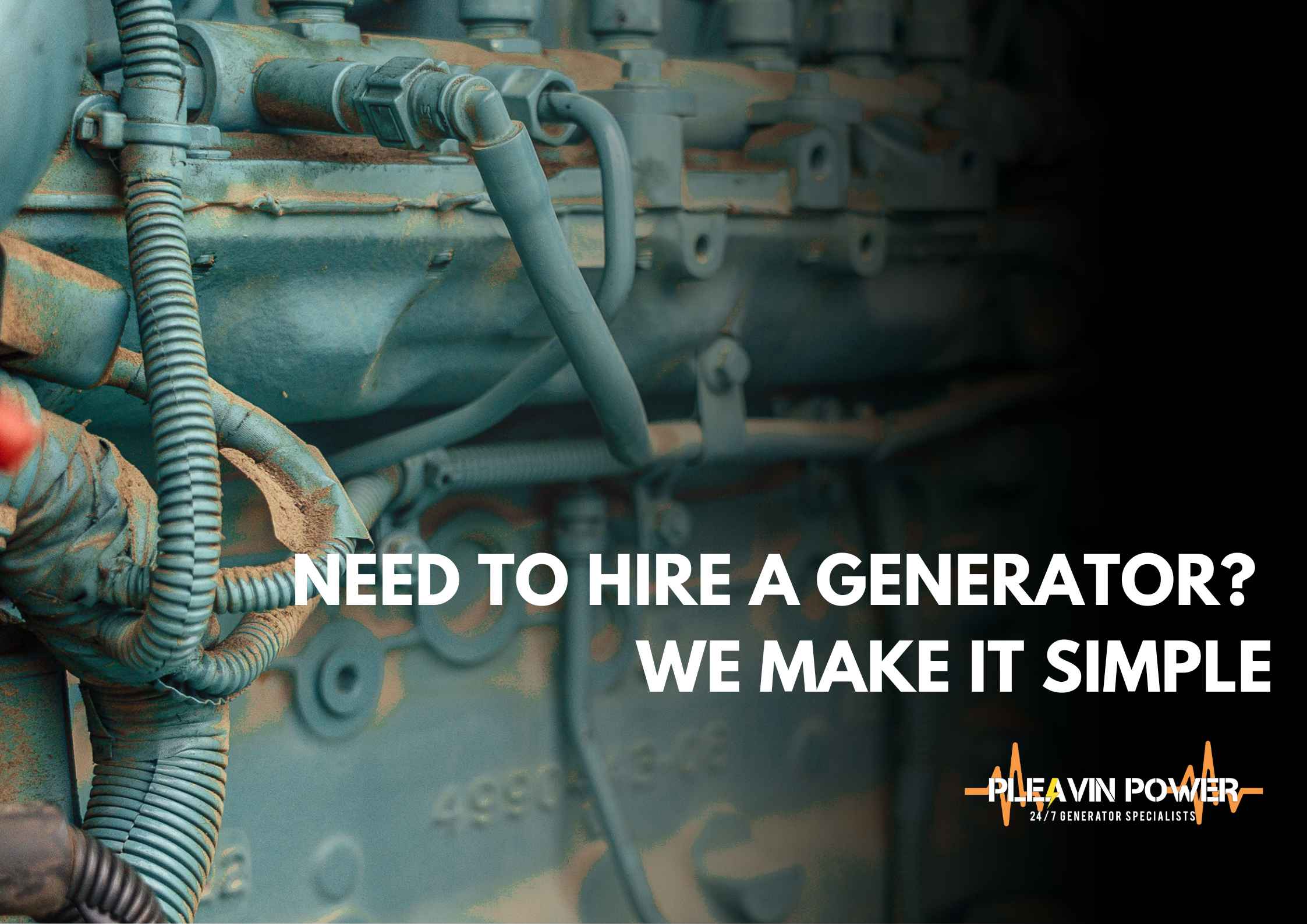Generators are widely known as being one of the most reliable and handy pieces of equipment that you can purchase. They help power much-needed appliances during difficult times such as power outages in your area but like anything sometimes they may experience some technical difficulties which can span from several reasons.
The best way to stop any problems occurring with your generator whether that’s a standby generator or a portable one is to get it regularly serviced & maintained by experts who can identify any underlying problems or are capable are doing quick work on it if needed.
A known rare occurrence that can happen that people search for is why their generator seems to be running but not producing any power. From the standpoint of someone who is not knowledgeable about generators, it can leave you in an awkward situation scratching your head and wondering what the best possible move is next.
If you are ever in this situation and don’t have the experience or qualifications to handle your generator then don’t even attempt to try and fix the problem by yourself as it can be highly dangerous to yourself and can permanently damage the generator altogether.
It is best recommended that you reach out to a generator repair service that can quickly deal with the problem and keep you from injuring yourself.
To get more insight on why your generator is running but not producing any power, we reached out to our experts here at Pleavin Power to get several reasons why it could be happening so that you can understand your situation a bit more.
Loss Of Residual Magnetism
Our experts have found this to be the most common reason when it comes to generators not being able to produce any electricity.
Like many people, if you said to them it was a ‘loss of residual magnetism’ they would believe you were speaking a different language to them and that’s completely understandable as it’s technical. We’ll try to break it down for you in the most simple terms we can.
Generators are powered by electrical conductors through a self-created magnetic field but there are no magnets inside generators. This magnetic field is found when it takes the generator output voltage and then turns it into DC which then feeds it into a coil then finally produces an electromagnet.
Generators need something called residual magnetism to start up. You will find inside generators that there is a small amount of magnetism leftover inside from the magnetic field last time that it was running.
This leftover amount of magnetism is enough to produce a small needed amount of electricity which is then used to create an electromagnet, as your engine begins to work and start turning it can produce more power, all starting from the magnetism.
Meaning that if your generator doesn’t have any residual magnetism inside then your generator will generate no power when starting it up.
A big reason why your generator is at a loss of residual magnetism is that you haven’t used it in a while. If your generator is new and you are wondering why it is at a loss of residual magnetism, it could be due to being lost during the vibrations of its transportation.
A way that you can combat the loss of residual magnetism is by running your generator load and then disconnecting the load before you turn your generator.
There are also several other ways you can stop this from happening that you can find online but aren’t covered in this article.
A Poor Connection
The second reason why your generator could not be producing any power is due to a poor connection. The way to fix any poor connections would be to clean all the ports in the generator of any particles, debris or blockages. This way you know that all connections are secure.
Circuiting Wire Error Or Blockage
If you’ve had no previous experience in operating or fixing generators then this may be a much harder task than we wouldn’t recommend doing yourself in case you either injure yourself or potentially damage your generator further.
When a generator won’t power electricity but is still running then it could have something to do with the circuiting wire, you will need to identify any potential wiring errors in your circuit and then correct them.
If you are experiencing failure due to poor contact, you can correct this by polishing the surface oxide layer until it is smooth, and then you can successfully connect the loose nut and bolt securely.
Get Regular Service & Maintenance
Your generator not working in a time of crisis can be devastating as we know especially when the purpose of them is being able to power your appliances through events such as power cuts or family trips out camping where power is needed to get through the trip successfully.
Due to generators being complex pieces of equipment, when they suddenly aren’t producing electricity to power these appliances, it can leave you at a standstill.
A way that you can stop your generator from running but not producing any power that won’t require any work on your part and will keep your generator in tip-top condition without any problems is by scheduling it for regular service and maintenance with generator experts such as the one here at Pleavin Power.
Speaking to us, we can arrange a visit or you can come to us if more convenient where we will regularly service your generator to keep up its condition and spot any potential errors that may lead to your generator not being able to produce any power and fix them before it happens. You can also find out what happens during a generator service.
Reach out to our friendly support team today to schedule regular maintenance service on your generator where we will be able to keep it powering your appliances with no problems.















